I don’t like gluey mashed potatoes. I want everyone to stop making them that way immediately. If you like gluey mashed potatoes, I won’t invite you to eat at my house. And if you show up anyway, I’ll make you a convert. So there.
It turns out that there are two ways to get gluey mashed potatoes:
1. Using the wrong kind of potatoes
2. Over mixing the right kind of potatoes.
Waxy potatoes are the wrong kind to use for mashed potatoes. These include new potatoes, red potatoes, baby potatoes, fingerlings, etc. Waxy potatoes are low-starch, high moisture, and they’re best used in dishes where you don’t want the potatoes to break down: potato salads, scalloped or au gratin potatoes, roasted potatoes. If you try to use them for mashed potatoes, the high moisture will interfere with the absorption of butter and milk, resulting in gluey potatoes.
Floury potatoes are the ideal potato for mashing. You’ll see them in the grocery store called baking potatoes, russet potatoes, or Idaho potatoes. The flesh is drier, and fluffier when mashed. They absorb butter and dairy products well. Mash them by hand, put through a potato ricer, or use a food mill. Whatever you do, don’t get out the mixer, blender, or food processor. Using any of those appliances will cause your potatoes to release much more starch than hand mashing, and that’s the other way to get gluey potatoes.
You can use an all-purpose potato like Yukon Gold, but keep in mind that all-purpose potatoes are semi-waxy. You’ll have to treat them very carefully, because you don’t have as much leeway as you do with floury potatoes. It’s easy to overmix them even by hand.
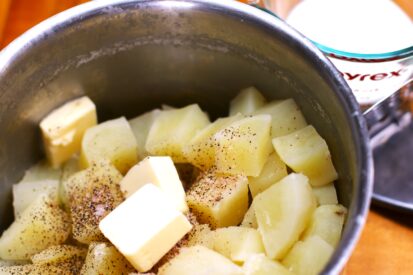
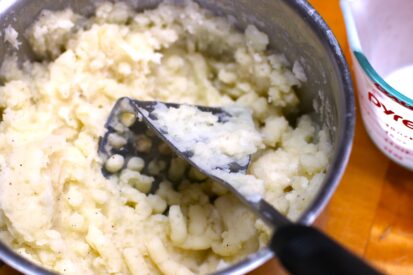
Homemade Buttermilk Mashed Potatoes are a house favorite around here. We also like rice, pasta, and even couscous or mashed cauliflower, but some dishes just seem to require mashed potatoes. Things like Creole Pot Roast, hamburger steaks with onion gravy, Swedish or Burgundy Meatballs.
So why buttermilk? Buttermilk is perfect for mashed potatoes for a couple of reasons. First, the cultured buttermilk available to most us is thick and slightly tangy. The thickness adds much-needed body to the mashed potatoes without breaking out the heavy cream. Also, the tanginess/acidic flavor of cultured buttermilk blends so beautifully with butter, salt, and pepper, that no other flavoring or seasoning is necessary. The clean, balanced, tang of Buttermilk Mashed Potatoes complements savory dishes like an absolute champ. Rather than tamping down the flavor of whatever they’re served with, Buttermilk Mashed Potatoes punch up the flavors in companion dishes.
Leftover Buttermilk Mashed Potatoes have many excellent uses, so go ahead and make too many! Obviously you’re going to need some for Meatloaf Cottage Pie, or any other cottage or shepherd’s pie, for that matter. And you have other choices beyond fried potato pancakes, which I love. Loaded mash potato casserole is as easy as mixing the leftover potatoes with an egg and topping with loads of cheese, bacon and chives. Serve that with sour cream, of course. You can add a little more buttermilk, some chicken or vegetable stock, and whatever seasonings or fixings you prefer, and arrive at a perfectly lovely baked potato soup. Use your imagination! (And if you have a waffle iron, use that to make one of the zillion trending mashed potato waffles on the Internet.)
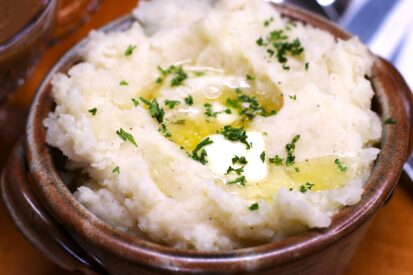
Buttermilk Mashed Potatoes
Ingredients
For 4 servings:
- 3 large russet baking potatoes, about 2 lbs. (not the enormous ones)
- 3 T. butter
- ½-¾ cup buttermilk
- salt and pepper to taste
Instructions
- Put about a quart of water and 2 T. salt in a large saucepan. Wash and peel the potatoes. Cut into 1” chunks and add to the saucepan. If the water doesn't cover the potatoes by about an inch, add more. Bring the potatoes to a simmer over medium high heat and then turn the heat down to medium low.
- Cook uncovered until a fork passes easily all the way through a potato chunk. Quickly drain and return the hot potatoes to the hot pot. This helps the potatoes dry off a little. Add the salt, ½ t. pepper, all the butter, and ½ cup of buttermilk. Mash with the potato masher until most of the lumps are gone. If the potatoes seem dry, and some more of the buttermilk and mash some more. Taste for salt and pepper, and correct if necessary. It will likely need more of both. Don’t over mix the potatoes or they will get gluey.


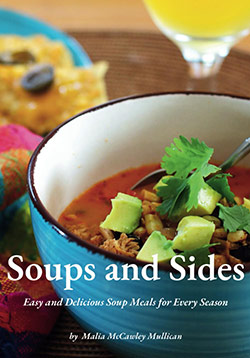











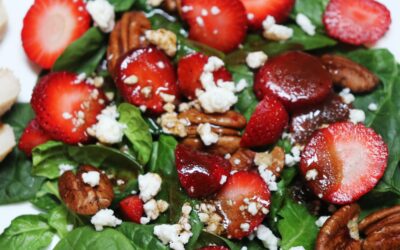
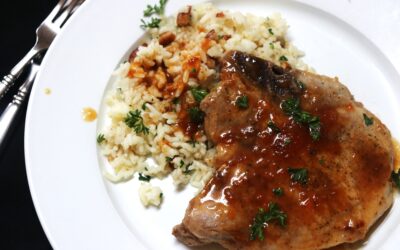
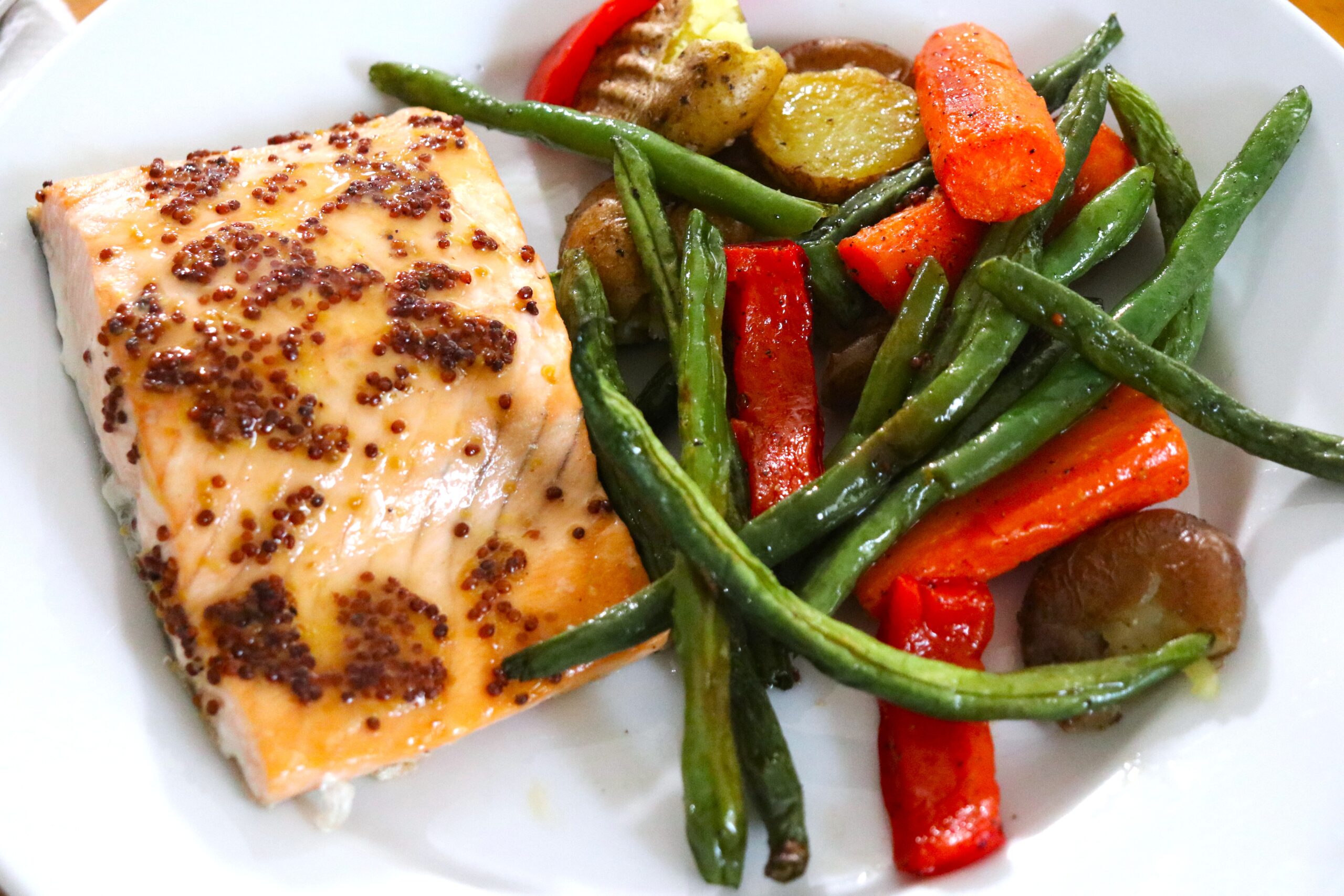

0 Comments
Trackbacks/Pingbacks